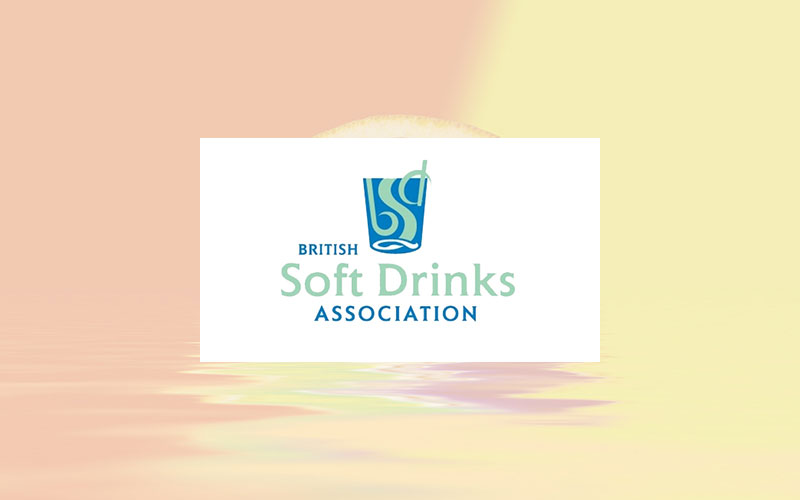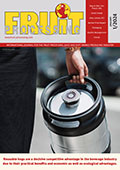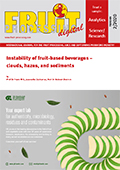No evidence to suggest tax will reduce obesity
Whilst we recognise health issues associated with obesity are a serious matter, it’s important to note that obesity is a complex issue with a number of factors and there is no evidence to suggest a tax will reduce obesity.

Whilst we recognise health issues associated with obesity are a serious matter, it’s important to note that obesity is a complex issue with a number of factors and there is no evidence to suggest a tax will reduce obesity.
As an industry we recognise we have a role to play in tackling obesity. Soft drink companies have been engaged in a range of calorie reduction initiatives for many years – resulting in a 19 % reduction in sugar intake (from soft drinks) since 2013. [Kantar]
Current data illustrates that a tax of this sort on a single category will not have a meaningful impact on obesity levels.
Sugar intake from soft drinks has been declining year-on-year since 2013 yet figures from the NHS state that obesity prevalence increased from 15 % in 1993 to 27 % in 2015.
Also, latest figures from NHS Digital show that hospital admissions where obesity is a factor has more than doubled in England during the last four years.
Recent reports from Food Standards Scotland outline that levels of obesity are not reducing and that the decline in sugar from soft drinks has been offset by increases in sugar from other foods. This is underpinned by data from Kantar, which states whilst sugar intake from soft drinks has decreased by 18.7 %, it has increased in frozen confectionery (+ 8.7 %), take home confectionary (+ 2.3 %), and biscuits (+ 1.4 %) since 2013.
We all have a role to play in helping to tackle obesity and we hope our actions on sugar reduction, portion size and promotion of low and no calorie products set an example for the wider food sector.
Source: British Soft Drinks Association









